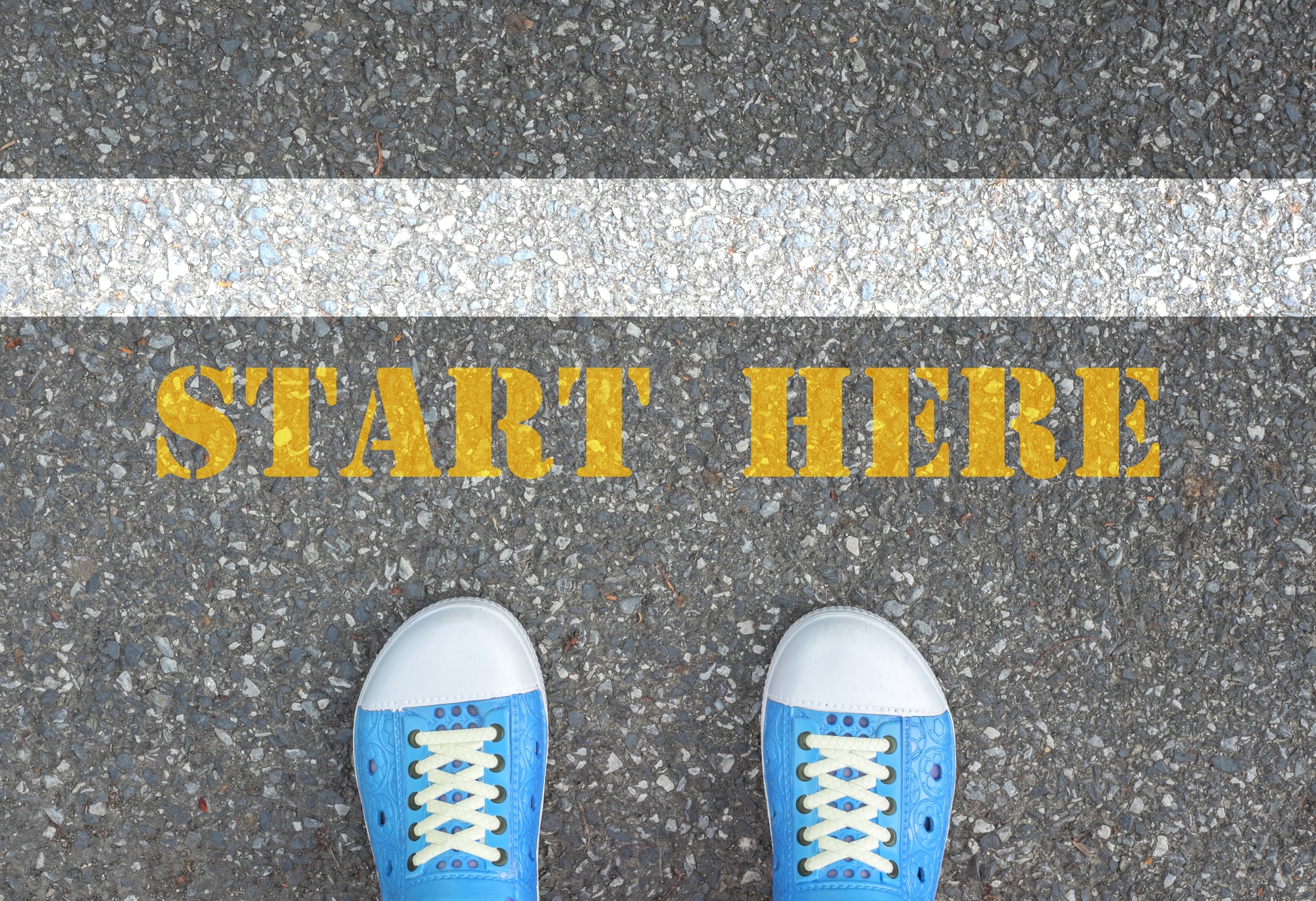Safe Steps to Take After Experiencing Domestic Assault
Introduction
Experiencing domestic assault is a deeply traumatic and life-altering event. It can leave individuals disoriented, frightened, and unsure of how to proceed. However, it’s critical to understand that there are structured, positive steps one can take to regain control and begin healing. By focusing on personal safety and utilizing available resources, survivors can begin to rebuild their lives. This article outlines actionable steps that can be taken immediately after experiencing domestic assault, ensuring a path toward safety and healing and emphasizing the importance of a holistic approach to recovery.
Immediate Safety First
The highest priority after experiencing a domestic assault is to ensure personal safety. This might seem straightforward, but amid the chaos, it’s essential to have a clear plan. Begin by locating a secure place where the abuser cannot reach you, such as a trusted friend’s home, a family member’s residence, or an emergency shelter that offers immediate protection. Having a safety plan can be lifesaving. This plan should include a ready bag containing essential documents, identification, emergency cash, and basic supplies for yourself and any dependents. It’s also crucial to have access to communication via a mobile phone or quick access to a public telephone to call for help when necessary. Remember, many communities offer helplines to guide you to the nearest sanctuary and support services, offering immediate advice and assistance. Safety isn’t just about location; it’s about peace of mind and your ability to move forward without fear.
Seek Legal Assistance
Once safe, seeking the guidance of a domestic assault lawyer is critical. The legal landscape surrounding domestic violence is intricate, and having a lawyer can significantly impact the outcome of your case. Legal professionals are familiar with the nuances of the legal system and can help navigate the often complex and intimidating processes involved. They will assist in filing for protective orders, represent you in court, and provide legal advice that empowers you to make informed decisions about your safety and future. More importantly, they give a voice to a system that often feels overwhelming and impersonal. A good lawyer protects your legal rights and connects you with additional resources, such as counseling and community support systems, which are integral to recovery. Their role is not just about legal proceedings; they are part of your broader support system aimed at helping you reclaim your life.
Document Evidence
Documenting the assault is one of the most crucial steps post-incident, not just for legal proceedings but also for your record. This involves taking photographs of physical injuries and any damage caused and saving any form of communication from the abuser, such as text messages, emails, or voicemails that reflect the abuse. These pieces of evidence can be crucial in corroborating your account of events. It is also beneficial to keep a detailed personal diary of the events, noting dates, times, and descriptive accounts of the incidents, which can be invaluable when recounting your story to law enforcement or in court. Be meticulous about gathering all evidence, no matter how inconsequential it may seem, as it provides a critical foundation for your case. Law enforcement agencies and legal representatives will regard this as essential evidence and can use it to give a stronger case against the perpetrator.
Seek Medical Attention
No matter the severity of the assault, seeking immediate medical attention is essential. Physical injuries require prompt care, and a healthcare professional can document these injuries, providing vital records that could support any legal action you decide to take. When visiting a healthcare provider, explain honestly and thoroughly how the injuries were sustained. This information should be documented accurately in medical records, often serving as critical court evidence. Beyond documenting physical injuries, healthcare professionals can also offer resources for mental health support, which is an equally important aspect of recovery from domestic assault. These steps address immediate health concerns and strengthen your legal standing by establishing a clear record of harm and intent.
Emotional and Psychological Support
The psychological ramifications of domestic assault can be just as profound, if not more so, than the physical injuries. It’s imperative to address the emotional trauma to heal fully. Seeking support from mental health professionals, such as therapists or counselors who specialize in trauma, can provide a safe space to process these experiences and begin healing emotionally. Joining support groups where you can meet others who have undergone similar experiences can also be incredibly comforting. These groups provide support, understanding, community, and validation. Mental wellness programs often offer resources specifically designed to help individuals navigate the complexities of trauma recovery, focusing on resilience and empowerment, which are key to reclaiming one’s life after such an event.
Conclusion
In the aftermath of domestic assault, taking structured, safe, and informed steps can make an incredible difference in your journey towards healing and independence. Prioritizing immediate safety, seeking legal and medical assistance, and documenting evidence all contribute to a carefully constructed path forward. Equally important is addressing the emotional and psychological impact through professional help and community support. By educating oneself about available resources and forming a support network, survivors can empower themselves to move forward positively and constructively. Remember that while the journey may be daunting, you are not alone. Proper steps and support make rebuilding and finding a secure and hopeful future possible.

